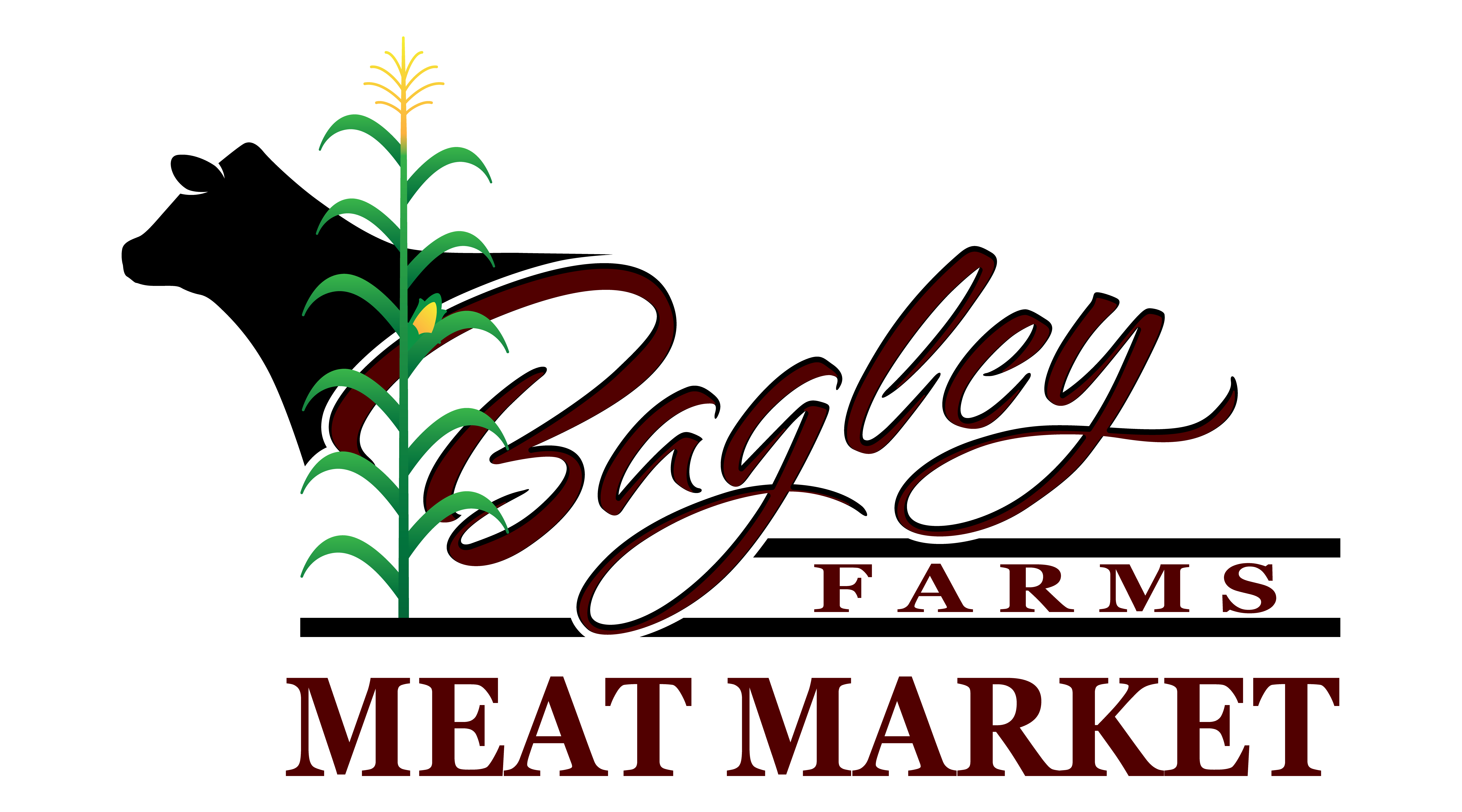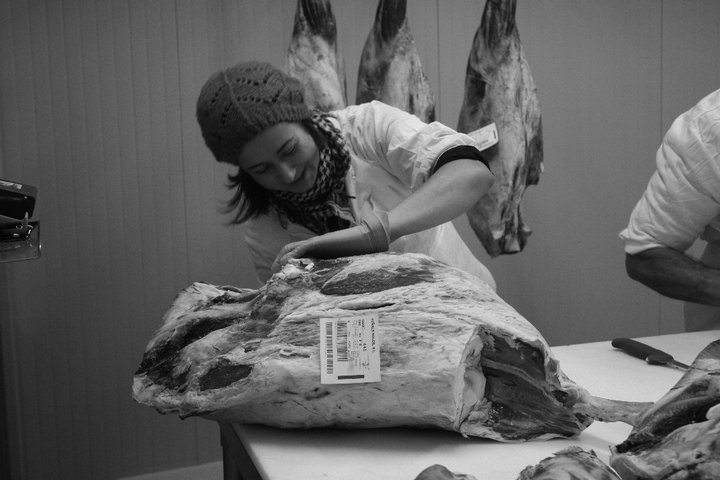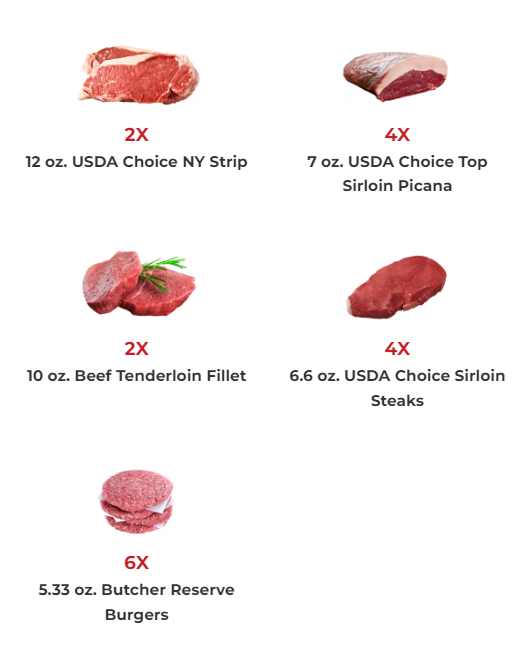All Concerning Meat Markets: Comprehending Their Duty in Supporting Regional Farmers
Meat markets serve a vital feature in local economic climates by connecting the void in between farmers and consumers. They provide a direct sales channel that enhances the freshness and quality of meat products. Beyond ease, these markets play a substantial duty in advertising sustainable farming and supporting the livelihoods of regional farmers. The implications of this connection extend better than one may anticipate, increasing questions about sourcing techniques and customer options.
The Value of Meat Markets in Local Economic Climates
Although often forgotten, meat markets play a crucial role in strengthening neighborhood economic situations by supporting farmers and creating jobs. These facilities function as crucial intermediaries, providing a system for neighborhood producers to offer their products straight to consumers. By buying locally sourced meat, consumers add to the sustainability of nearby farms, guaranteeing their practicality and promoting agricultural variety.
Meat markets create work chances, varying from butchers and sales staff to administration and logistics roles. This task production promotes the regional economic climate, cultivating a feeling of neighborhood as locals engage with their community businesses.
On top of that, meat markets usually attract consumers that seek premium, fresh items, which can cause raised foot web traffic and sales for bordering companies. In general, the existence of meat markets can substantially enhance regional financial health and wellness, strengthening links in between agriculture and community well-being while supporting the incomes of farmers.

Connecting Farmers and Customers: Just how Meat Markets Operate
Meat markets function as necessary centers that connect local farmers straight with customers, helping with a streamlined supply chain that benefits both parties. By sourcing items from close-by ranches, these markets guarantee that consumers obtain fresh, top notch meat while supporting neighborhood farming. The procedure of meat markets includes developing relationships with farmers, commonly permitting them to display their items and share their farming techniques.
Subsequently, customers obtain accessibility to a diverse choice of meats that mirror regional flavors and preferences. Transparency is a crucial element of these markets, as customers are often offered with info regarding the sourcing and dealing with of the meat. This direct link cultivates depend on and commitment in between farmers and consumers, enhancing community connections. In addition, meat markets frequently take part in marketing activities, such as farm-to-table events, which further enhance the consumer's experience and awareness of regional farming methods.
Promoting Sustainable Agriculture Practices
Promoting lasting agriculture methods is vital for the future of food manufacturing and environmental health. By concentrating on moral farming strategies, urging biodiversity, and advocating for neighborhood and seasonal sourcing, the agricultural field can substantially decrease its eco-friendly footprint. These techniques not just support the community however also cultivate a much healthier relationship in between consumers and farmers.

Honest Farming Techniques
An expanding number of farmers are embracing ethical farming techniques to boost sustainability and reduce environmental influence. These approaches concentrate on responsible land management, minimizing the use of chemical plant foods and chemicals, and embracing natural methods. Methods such as crop rotation, cover cropping, and agroforestry not just enhance soil wellness however likewise promote biodiversity. Furthermore, farmers are significantly focusing on pet welfare by offering pasture-based systems and minimizing confinement techniques. By focusing on regional sources and community interaction, honest farming fosters a resistant farming system. This change not just profits the atmosphere however also enhances the link in between customers and farmers, encouraging informed buying decisions that support sustainable methods. Eventually, these strategies serve to produce a more sustainable future for agriculture.

Biodiversity and Community Health
While numerous agricultural practices have traditionally prioritized yield over eco-friendly equilibrium, a growing recognition of biodiversity's importance has actually emerged among consumers and farmers alike. Biodiversity boosts ecosystem strength, supporting soil health, parasite control, and pollination. By incorporating varied crops and livestock, farmers can create more secure environments that reduce dependence on chemical inputs and improve general performance. Lasting agriculture techniques that advertise biodiversity not only safeguard all-natural habitats but likewise add to the long-term practicality of farming. Meat markets play a vital role in this paradigm change by promoting for regional items that focus on eco-friendly health. By choosing to resource from ranches that welcome biodiversity, consumers can support practices that assure a lasting future for agriculture and the atmosphere.
Seasonal and Local Sourcing
Neighborhood and seasonal sourcing not only boosts the freshness of food yet additionally sustains lasting farming techniques that benefit both customers and farmers. By prioritizing regional meat markets, customers can attach straight with farmers, promoting a feeling of neighborhood and trust. This design lowers the carbon impact connected with long-distance transportation, advertising environmental sustainability. Farmers benefit from more steady revenues and a reputable market for their items, which motivates responsible farming techniques. In addition, seasonal sourcing encourages diverse agricultural techniques, permitting farmers to revolve plants and livestock, consequently maintaining soil health and wellness and biodiversity. In general, this technique creates a much more resistant food system that lines up with the values of neighborhood, top quality, and sustainability assistance, strengthening the crucial link in between customers and neighborhood agricultural systems.
The Duty of Transparency in Sourcing Meat
What variables add to consumer trust fund in meat products? Transparency in sourcing is a crucial component. Customers increasingly seek info concerning where their meat originates from, including the farms and techniques included in raising the animals. Meat markets that prioritize openness usually present clear labeling, describing the source and manufacturing methods made use of. This openness fosters self-confidence and permits customers to make informed selections.
Furthermore, clear techniques can include ranch gos to, partnerships with neighborhood farmers, and sharing tales about the pets and their atmospheres. As consumers end up being extra informed concerning food sourcing, they have a tendency to prefer meat items from vendors that are honest with information. This need for transparency not only strengthens consumer trust fund but likewise motivates meat markets to establish moral relationships with local farmers. Ultimately, transparency supports a cycle of accountability, profiting both customers and manufacturers in the meat industry.
Sustaining Animal Welfare Via Local Sourcing
Sustaining animal welfare via local sourcing hinges on the fostering of moral farming practices. By prioritizing openness in sourcing, consumers can make informed selections that mirror their values. Furthermore, area interaction initiatives foster a more powerful link in between farmers and consumers, boosting the overall commitment to gentle treatment of animals.
Moral Farming Practices
While customers progressively focus on honest considerations in their food options, local sourcing offers a feasible course to sustaining pet well-being. Honest farming techniques highlight humane treatment of animals, ensuring they have adequate room, meat butcher shop near me appropriate nutrition, and access to outside atmospheres. Local ranches often comply with these standards, as they are a lot more liable to their clients and communities. By choosing to source meat locally, consumers can support ranches that prioritize humane and lasting techniques over industrialized approaches, which frequently compromise pet wellness. This connection cultivates a much deeper understanding of food manufacturing and urges accountable usage. Inevitably, neighborhood sourcing encourages customers to make enlightened options that straighten with their values regarding ethical treatment of pets in the food industry.
Openness in Sourcing
Exactly how can openness in sourcing boost customer depend on in local meat markets? By supplying clear information regarding the origins of Our site their products, local meat markets cultivate a sense of accountability and stability. When consumers recognize the sourcing practices, including the therapy of pets and farming techniques, they are more probable to really feel positive in their purchasing decisions. This transparency permits consumers to align their worths with business they sustain, understanding they are contributing to honest pet welfare and lasting methods. In enhancement, regional meat markets can showcase collaborations with neighboring ranches, emphasizing area assistance and strengthening a positive relationship in between consumers and producers. Inevitably, transparency in sourcing not only develops depend on but additionally encourages informed selections amongst consumers.
Neighborhood Involvement Efforts
What function do community interaction efforts play in promoting pet well-being via local sourcing? These efforts noticeably improve understanding and understanding of honest farming practices amongst customers. By fostering links between regional farmers and neighborhood members, meat markets can emphasize the relevance of gentle treatment of animals. Educational workshops and farm scenic tours enable consumers to witness firsthand the conditions under which animals are increased, strengthening the value of regional sourcing. Additionally, community occasions, such as farm-to-table suppers, highlight the partnership between pet well-being and sustainable practices. Via these engagements, customers develop trust fund in regional meat markets, motivating them to sustain honest sourcing and cultivating a culture of liable intake that prioritizes animal well-being in the area.
Health Perks of Picking Local Meat Products
Picking neighborhood meat items provides numerous wellness benefits that can greatly enhance general wellness (meat stores near me). One significant advantage is the lowered time in between farm and table, which often leads to fresher meat with higher dietary value. Regional meats often tend to be free from dangerous preservatives and ingredients commonly found in factory-farmed alternatives, adding to a cleaner diet regimen
In addition, neighborhood farmers frequently focus on humane and sustainable practices, resulting in healthier pets that generate better-quality meat. Grass-fed and pasture-raised pets, frequently found in neighborhood markets, normally have higher degrees of omega-3 fatty acids and reduced levels of saturated fats contrasted to their feedlot counterparts.
Supporting regional meat products promotes area wellness by guaranteeing that consumers have access to safe and responsibly sourced food. By choosing local, people not just nurture themselves however likewise add to the health of their neighborhood and atmosphere.
Making Informed Choices at the Meat Market
When going across a meat market, recognizing the crucial factors that affect top quality and sourcing can equip consumers to make informed choices. Shoppers must prioritize regional items, which usually come from ranches with lasting practices. Recognizing tags such as "grass-fed" or "natural" can additionally assist choices, as these commonly indicate higher well-being requirements and nutritional advantages.
Involving with the butcher is essential; experienced staff can provide understandings right into the sourcing of their meats and suggest cuts that fit various cooking methods. Customers are urged to inquire concerning the farm's best steak delivery techniques, consisting of pet therapy and feed.
Furthermore, taking a look at the meat's shade and appearance can reveal quality and quality. Lean cuts need to appear wet and intense, while fatty cuts must have a marbled appearance. By combining these practices, consumers can with confidence choose meats that line up with their worths and assistance local farming.
Regularly Asked Concerns
What Kinds of Meat Are A Lot Of Frequently Cost Local Meat Markets?
Local meat markets normally use a selection of meats, including beef, lamb, pork, and hen. These establishments usually include specialized cuts, sausages, and in your area sourced products, accommodating diverse cooking choices and customer demands.
Just How Can I Discover a Meat Market Near My Area?
To find a meat market close by, one can make use of on the internet maps, online search engine, or local directories - meat market delivery. Furthermore, asking neighbors or good friends for recommendations commonly generates valuable understandings right into the finest regional options readily available
Exist Seasonal Variations in Meat Availability at Meat Markets?
Seasonal variations in meat accessibility at meat markets typically occur, affected by aspects such as local farming methods, pet breeding cycles, and seasonal demand. This can impact the types and quantities of meat supplied throughout the year.
Do Meat Markets Deal Special Promotions or Discounts for Bulk Purchases?
Meat markets commonly provide special promos and discount rates for bulk acquisitions. This technique urges clients to acquire larger quantities while making it possible for the markets to take care of stock successfully, benefiting both customers and the business financially.
Can I Ask For Details Cuts of Meat at the marketplace?
Yes, customers can commonly ask for particular cuts of meat at the marketplace. Several butchers agree to accommodate unique orders, guaranteeing that customers get the precise cuts they desire, tailored to their preferences.
By sourcing items from close-by farms, these markets assure that consumers obtain fresh, high-grade meat while supporting regional farming. By prioritizing local meat markets, customers can connect directly with farmers, cultivating a sense of area and trust. Just how can transparency in sourcing enhance customer trust fund in local meat markets? Neighborhood meat markets generally supply a range of meats, consisting of beef, lamb, pork, and poultry. Seasonal variations in meat availability at meat markets frequently occur, affected by aspects such as local farming techniques, animal reproduction cycles, and seasonal demand.